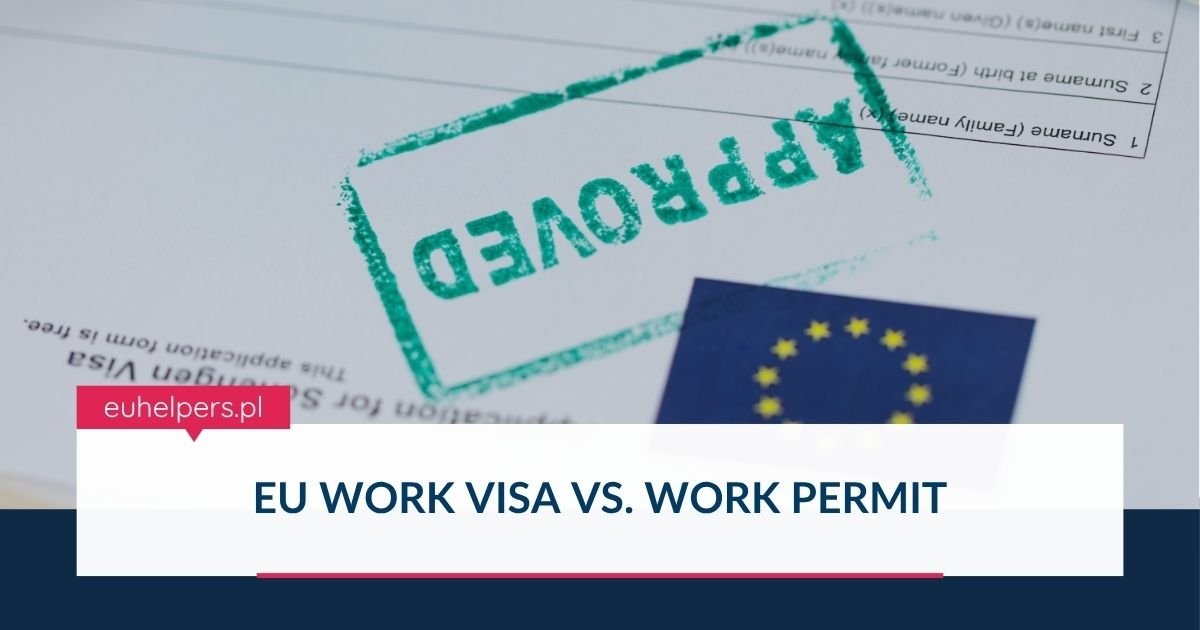
When planning to work in a European Union country, it’s essential to understand the distinction between a work visa and a work permit. Though the terms are sometimes used interchangeably, they serve different purposes and are part of a two-step process for non-EU/EEA nationals who wish to live and work in Europe.
Work Visa: The Gateway to Enter
A work visa is your authorization to enter an EU country specifically for employment purposes. Think of it as your ticket to enter the country with the intention of working. Most non-EU/EEA citizens must obtain this visa before arriving in their destination country. The specific requirements for a work visa vary by country and depend on several factors, including:
-
Your nationality
-
The nature and duration of your job
-
Whether you're applying through a regular process or under a specialized scheme, such as the EU Blue Card
While many work visas require company sponsorship, meaning an employer must support and initiate your visa application, this isn't always the case. According to Relocate.me, the EU Blue Card system can allow qualified individuals to work in the EU without needing traditional visa sponsorship from a company.
Work Permit: Your License to Work
Once you've entered an EU country with your work visa, the next step is obtaining a work permit. This is the legal authorization that allows you to work within that country. It's essentially your license to be employed there.
The work permit is typically tied to a specific job or employer, and its conditions can vary. In many EU countries, including the Netherlands, both a work visa and a work permit are required for non-EU/EEA nationals. In these cases, the employer often assists with obtaining the necessary work permit after you arrive or simultaneously during the visa process.
Summary
To simplify:
-
A work visa lets you enter the EU country for work.
-
A work permit allows you to legally work once you’re there.
Understanding the distinction between these two documents is crucial for a smooth transition into the European job market. Make sure to research the specific immigration and employment rules of your target country, as procedures and requirements can differ significantly across the EU.
